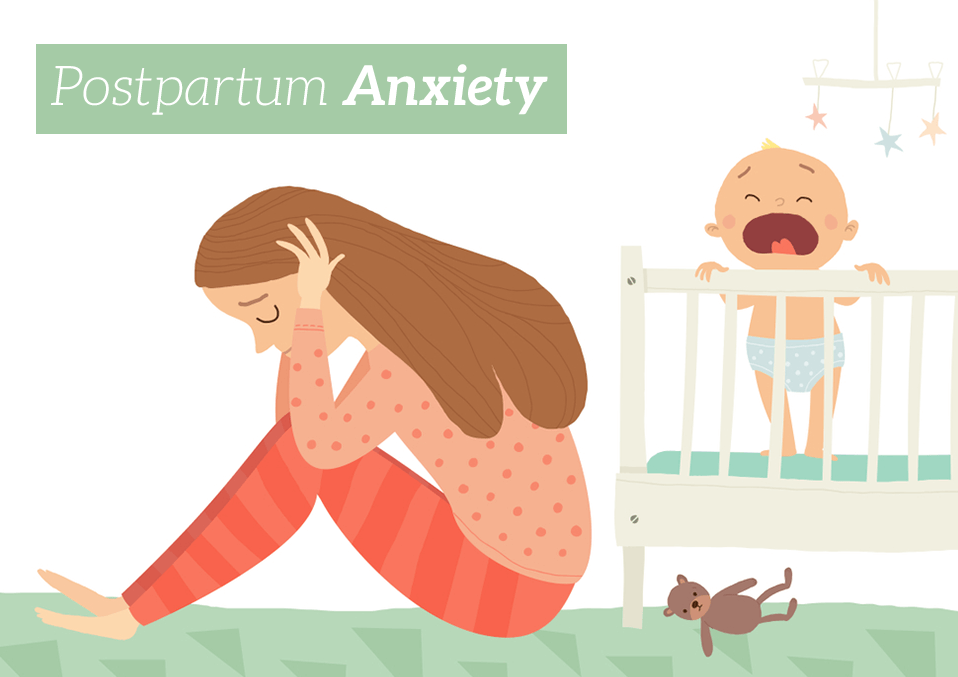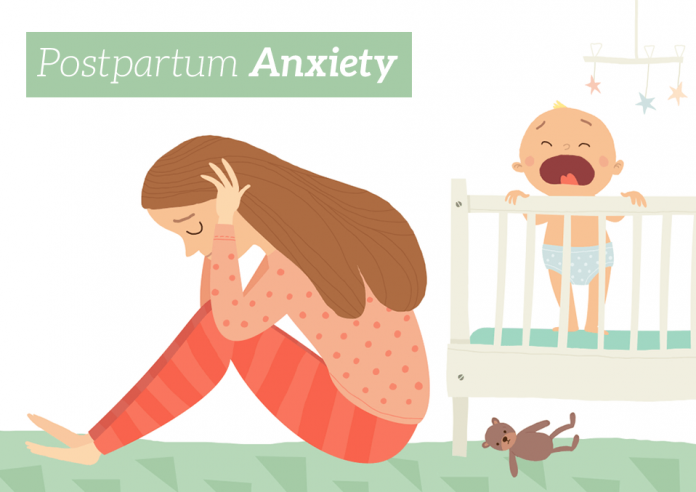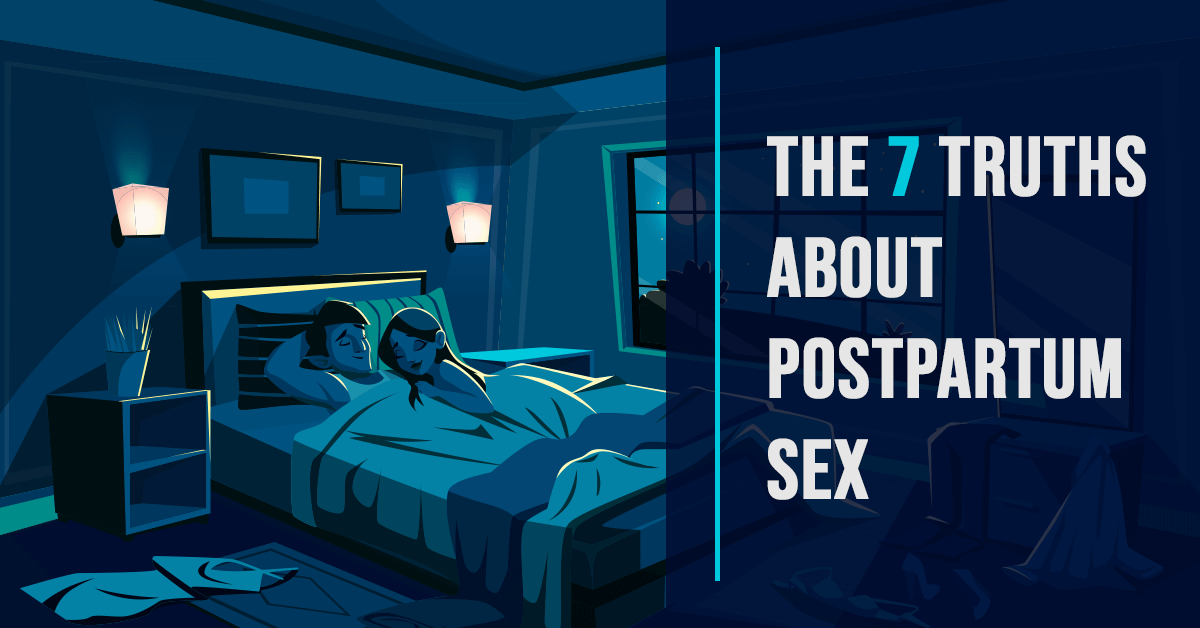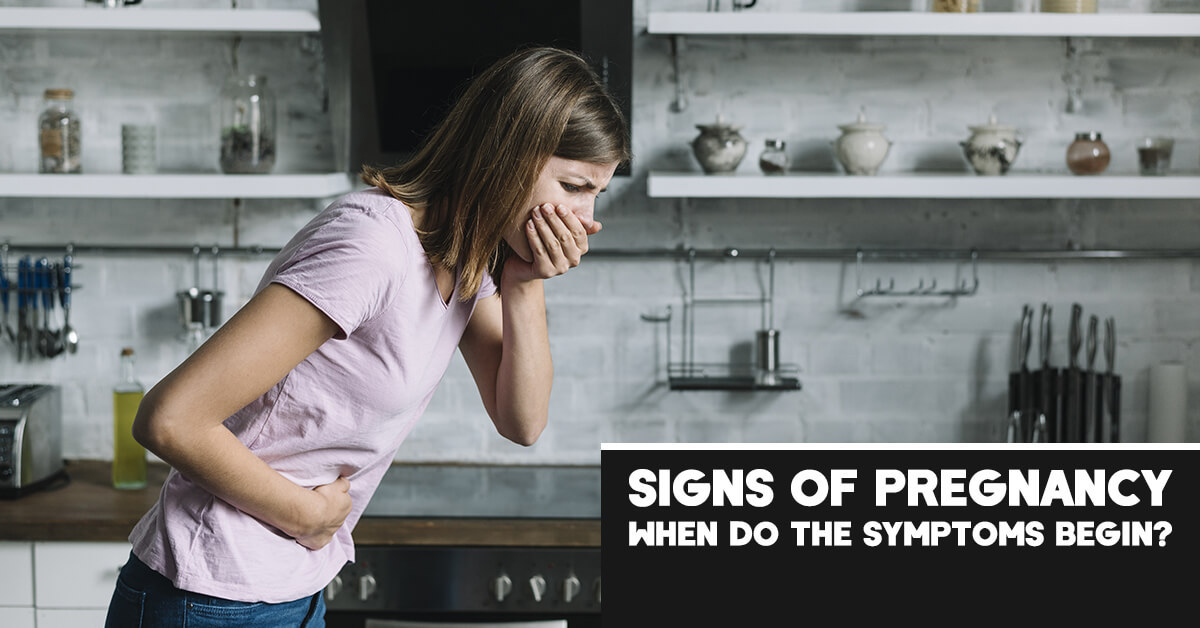Is it normal to get anxiety after the baby is born? How do you feel after giving birth? How much anxiety have you had since your last child? We will know all the following lines.:
After the birth of her third child, Kate Cavulla experiences some fatigue and tiredness, which is normal for any woman who has just given birth to her child, but she did not think she would have a postpartum period.
Depression because she experienced some of her symptoms right after the birth of her second child. But this, she said, was astonishing and unusual. Cavulla had no idea what was happening to her, after talking to the pediatrician during a visit to the child, she admitted that she had postpartum anxiety disorder and never felt much sadness for the mother, as in PDP and lack of interest in the newborn.
What is Postpartum Anxiety ?

As with postpartum depression, the woman feels tired and tired all the time. Postpartum anxiety (EPP) may include some physical symptoms or signs such as dizziness, tides, and heart palpitations! And nausea… In addition to being unable to stand still or focus on a specific task. Most women say that all these feelings and signs begin to appear in the period from birth to their first birthday.
But in some cases, it begins to appear much earlier. “Between 25 and 35 percent of postpartum anxiety during pregnancy,” says Ann Smith!!! President of CNM and Postpartum Support International.
Smith says that almost immediately after the appearance of the baby, when a woman begins to get nervous. Especially stressful life events or weaning can cause PPA and make you after the last month.
Postpartum Depression :
It is a pity that postpartum depression most says about the disorder, so many mothers, such as Kavulla, Dr. Jonathan abrahmic, associate President of psychology at the University of North Carolina at chapel hill and author of magazine and disturbing stress disorder.”
Read : 5 Baby-Proof Safety Triggers
Very few mothers admit it, and we call postpartum anxiety an occult disorder because it’s not diagnosed. This is much more common than postpartum depression, but it is not discussed or studied.”Some researchers at the University of Heidelberg in Germany followed 1024 women in the first trimester after childbirth, and more than 11% are victims of anxiety disorders after childbirth, while about 6% develop postpartum melancholic disorder.
How Postpartum Anxiety Occurs
Margaret Howard, PhD, Director, postpartum depression in the hospital the day of the woman and infant Providence, said that some fears are adaptive:anxiety is expressed in the words of the child and the Hyper-vigilance and Hyper-observation! According to the Mayo Clinic, 89 percent of new mothers quickly find their heart: what if the child suffocated? Or does it go under water during the bath? What happens if someone breaks into the house and takes it? “For most mothers, it’s just mental noise,” Abramovich said. “They learn to exclude it, so thoughts stop going up.”
On the other hand, if you know that your concern is irrational and illogical. So your child is in a strong fear of getting hurt, or not hugging him, or when you are not with him.
And you can’t stop thinking about them and getting out of your brain, assuming you might be tilting the ladder. The same applies to cases where your anxiety began to scare away everyday situations, such as riding with a child… “Anxiety is a problem when it goes beyond reality,” says Howard.”
Read : Can I control my Kids Digital Devices
Postpartum Anxiety Effects
Postpartum care often leads to various triggers, Elizabeth Fitelson. Doctor of Medical Sciences, Director of the psychiatric women’s program at Columbia University, will explain what is happening: “there is a big hormonal change: estrogen”,”! In addition to lack of sleep, changes in their relationships and new schedules and responsibilities, including constant care for the newborn.
It has to be one of the happiest moments of your life and that you instinctively have to know what to do following the expectations of this society and of course many mothers start to lose their etiquette.
It is well known that a new mother experiences anxiety after childbirth. However, some are particularly vulnerable, such as those who have an individual or family experience of previous experiences with anxiety or depression.some symptoms(such as crying or shaking), eating disorders, or obsessive-compulsive disorder (OCD) with premenstrual syndrome.
Women who have had miscarriages or fetal death are more susceptible to postpartum anxiety;and later they are mistaken for healthy childbirth and depression, which can cause them anxiety because they were in a study at the University of Rochester in new York. Personality also comes to play: “mom and postpartum anxiety, I said sensitivity and easy to be in the future, but I was worried. Sherry Duson specializiruetsya on the treatment of people with anxiety and problems of pregnancy, says family therapist Houston after childbirth.
Therapy Options For PPA
Postnatal care never goes away on its own. If anxiety interrupts your sleep, or if you are constantly concerned about anxiety, it is important to seek help.”Perinatal mood disorders do not always go away on their own. Indeed, in some cases, if left untreated, they can help a woman. All my life to fight psychosis.- What?- Smith said.
It’s lucky to have a series of postpartum anxiety treatments! But the responsibility often falls on you to get the doctor’s attention. The first thing to try is a combination of support and treatment,” says Smith.Sometimes having someone who just talks to you or gives her a break from the child’s homework is of great importance.”
Specialists can teach relaxation techniques such as meditation, progressive muscle relaxation and full attention training. Made before bedtime, they can be prepared for a good night’s sleep (can relieve anxiety). Exercise can also help relieve anxiety and help you feel better.
Medication For PPA
For the most severe and severe cases of postnatal care, therapy, support and medication are recommended, even when breastfeeding. “The benefit of the medication should be determined by the case,” says Dr. “Your mental health and ability to take care of your child is very important, so at some point your child will have a low or high risk of taking antidepressants.””
This is what makes Julianne Lewis (not her real name)completely safe from medication when her firstborn child was 3 weeks old. – I was worried about my ability to take care of him, breast-feeding, his sleep schedule, everything!”Three,” Houston’s mother says. Your doctor will prescribe common medications, and in a month there will be no more symptoms. Just a year before the birth of her twin daughter.
Lewis worries that her anxiety will return. Therefore, following the advice of a doctor, she began to take the drug again after childbirth with a positive result. “If you have been taking antidepressants or anti-anxiety medications in the past and everything went well, this is what you should follow. Smith Asks. “InfantRisk.com this is the Different effects of drugs, infant and nursing mother teaches greater resource.
Regardless of whether your anxiety falls on the moderate or severe end of the flight, it is better to seek help sooner than later. It says so, Dr. Fitelson: “taking care of yourself is taking care of your child.”
You may like to read :
Babies Emergency 101: Everything You Need to Know for Your Child’s Safety








